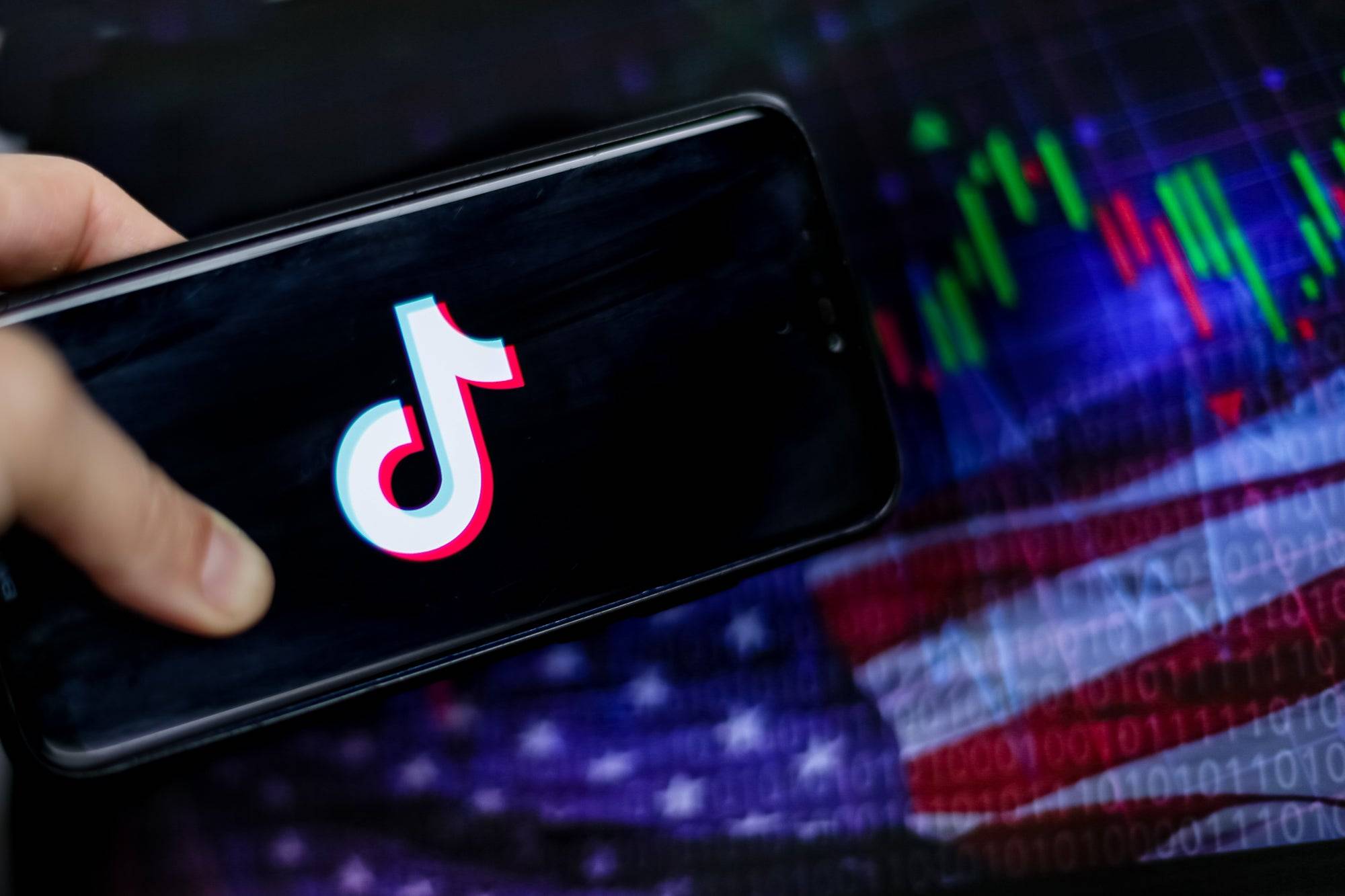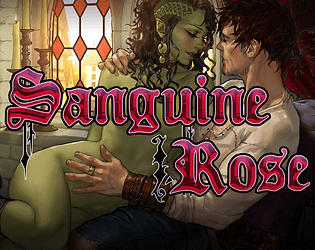The Supreme Court's rejection of TikTok's appeal paves the way for a potential ban on the platform in the U.S., set to take effect on Sunday, January 19th. The court unanimously dismissed TikTok's First Amendment challenge, citing the app's scale, susceptibility to foreign control, and extensive data collection as justifying the government's national security concerns.

The Supreme Court's ruling acknowledged TikTok's popularity and role as a platform for expression, but emphasized Congress's determination that divestiture is necessary to address national security risks. The ruling explicitly states that the ban doesn't violate petitioners' First Amendment rights.
Despite past opposition to a TikTok ban, President-elect Trump may issue an executive order delaying enforcement for 60 to 90 days. Reports suggest he's engaged in discussions with Chairman Xi Jinping regarding the matter, and that a potential sale to a Western entity is being explored. Elon Musk, involved with the incoming administration, is reportedly considered a potential intermediary in facilitating such a sale, or even a buyer himself.
In anticipation of the ban, many TikTok users have migrated to the similar Chinese app, Red Note (Xiaohongshu), with reports indicating over 700,000 new users in just two days.
The future of TikTok in the U.S. hinges on a sale to a new owner or a last-minute executive order from the Trump administration. The situation remains highly uncertain.















